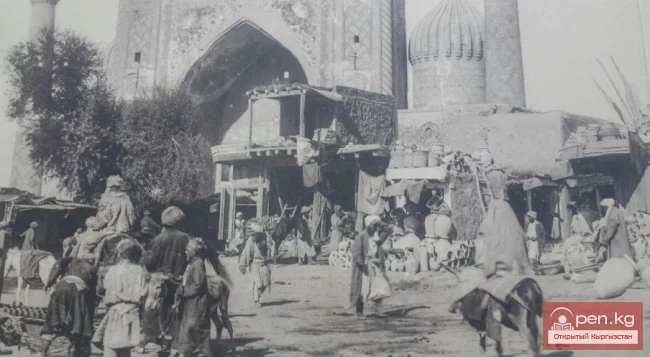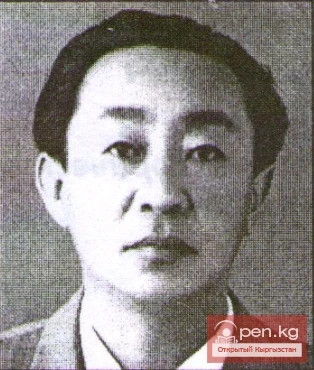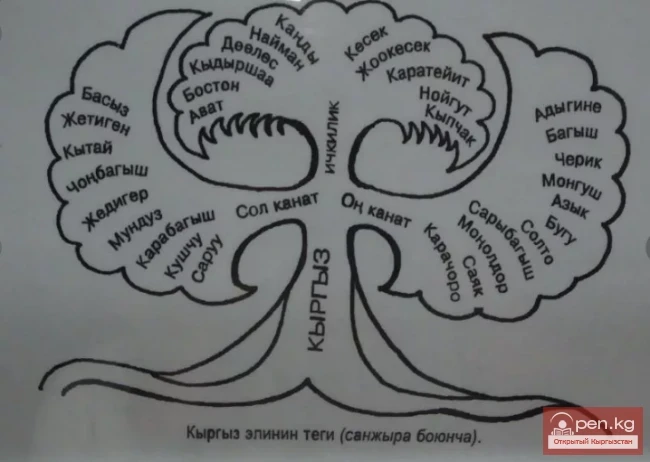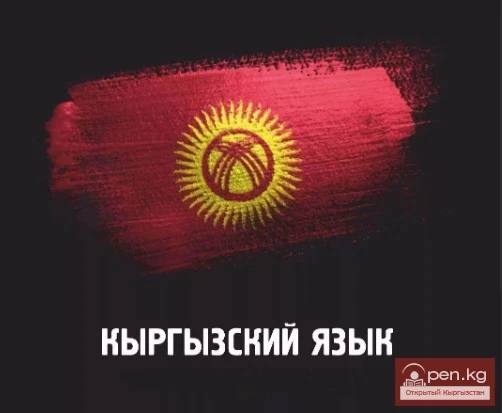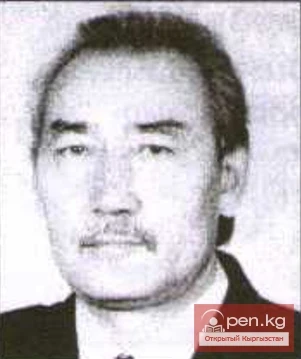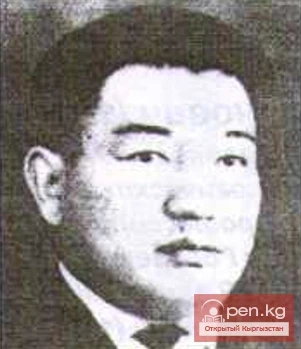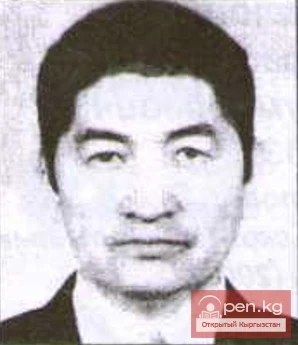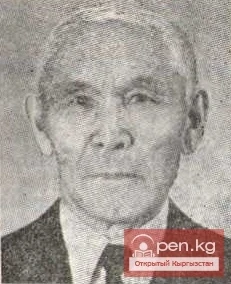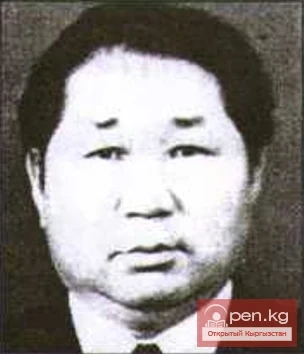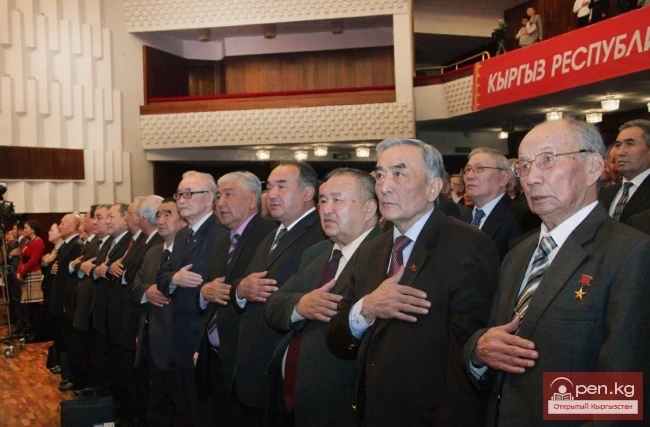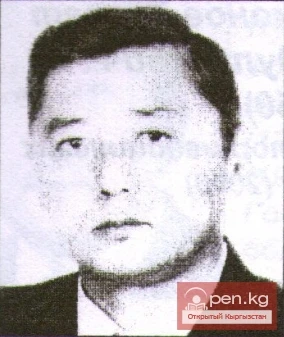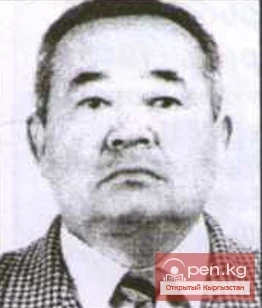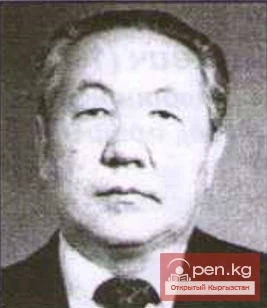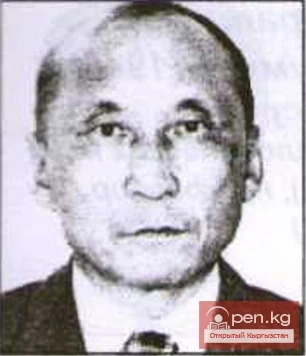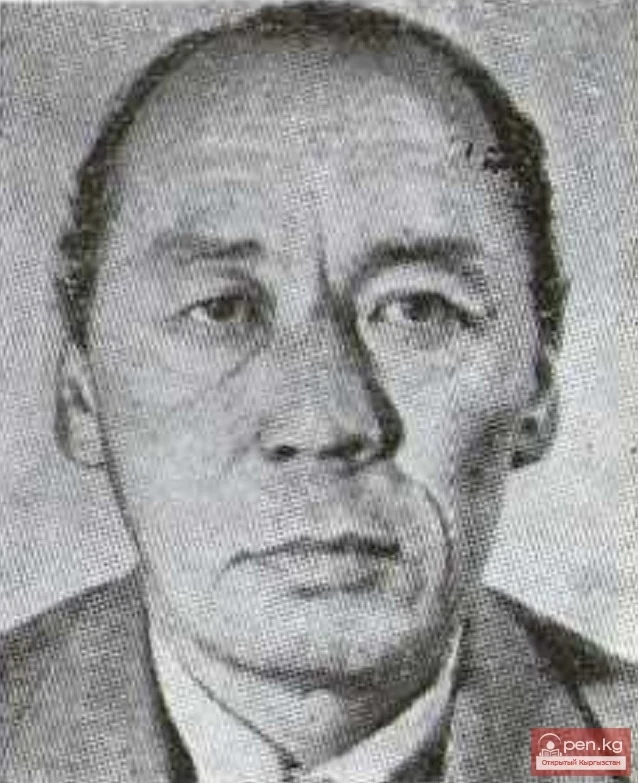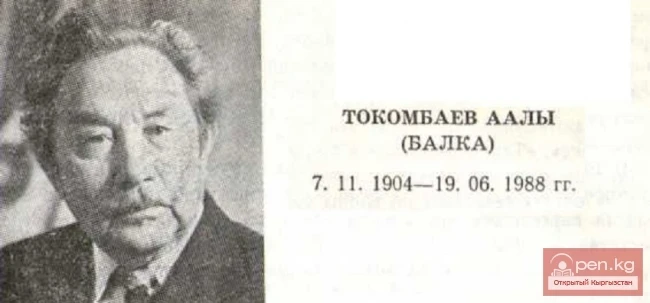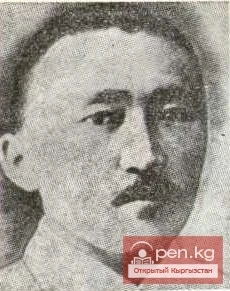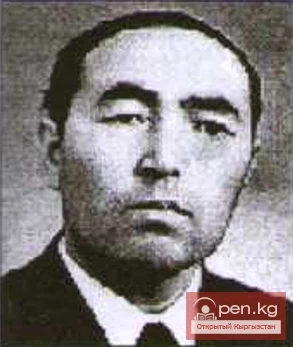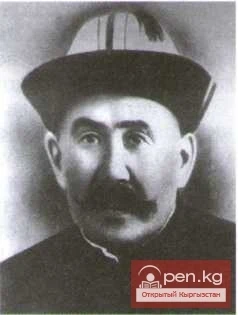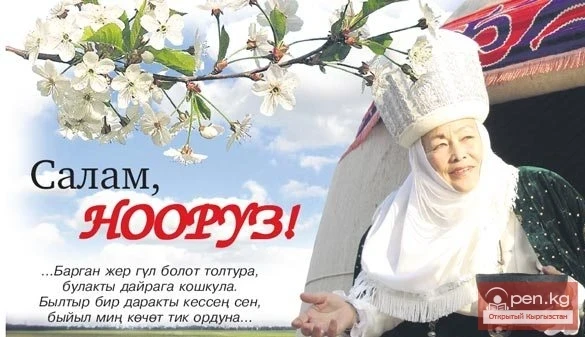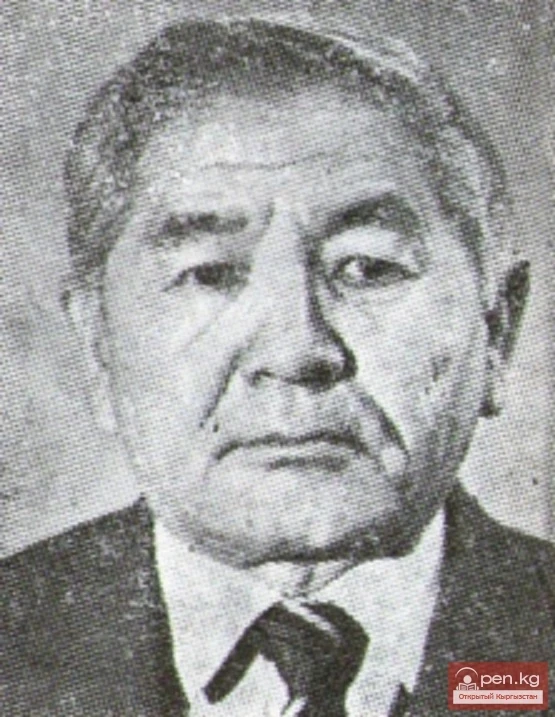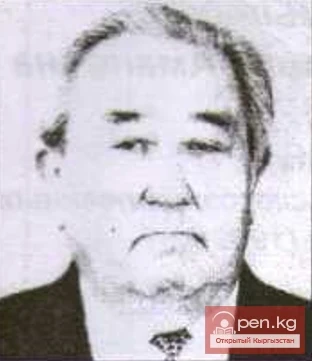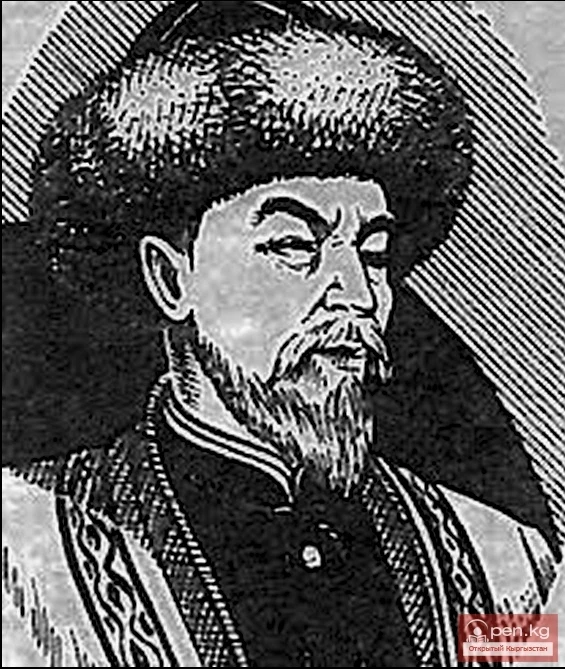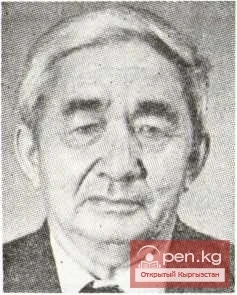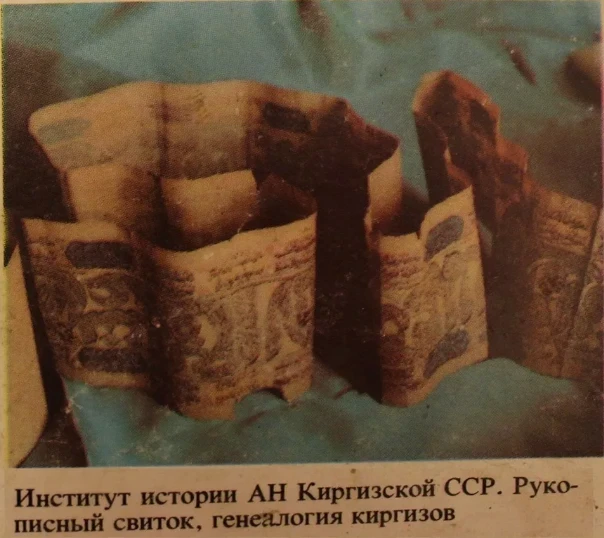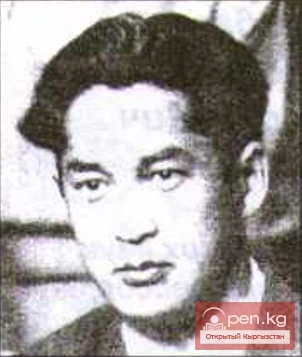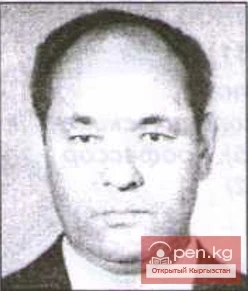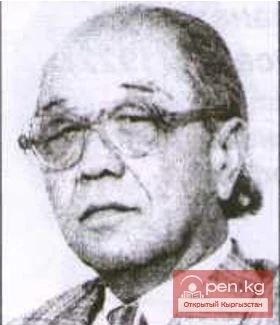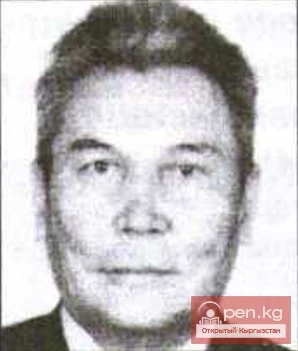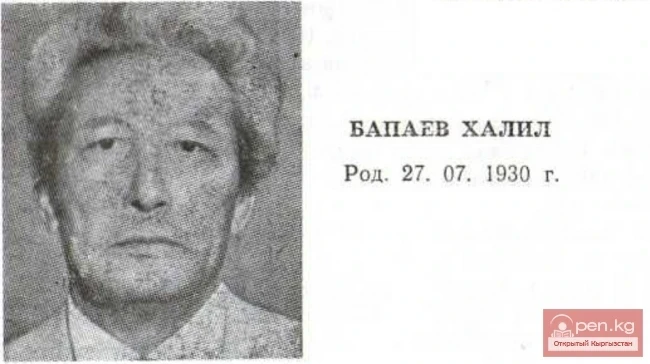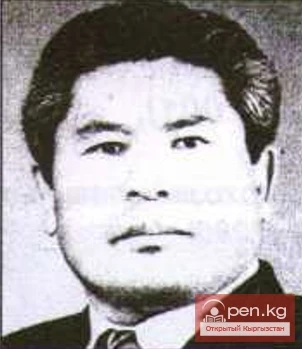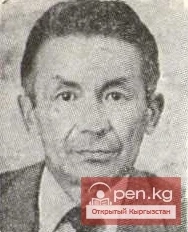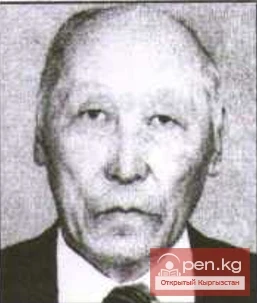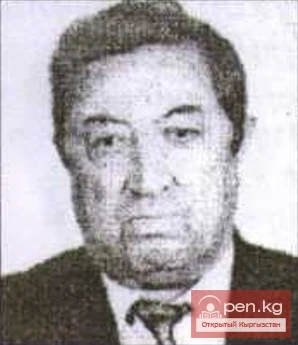In which country was born in 1811 the future "mother of the Kyrgyz nation," the ruler of the clan, Alai?
Some of our domestic politicians sometimes idealize the past excessively.
For example, some see in the Kokand Khanate an idyll of the triumph of patriarchal order.
To the chagrin of such lovers of antiquity, their contemporaries are well aware of the real life of the subjects of Kokand. In Kyrgyzstan, this was greatly influenced by the interest in the life of Kurmandjan Datka, who was born during that turbulent time. Thus, the Alai queen seems to warn her descendants about the dangerous turn back,
to the dark Middle Ages...
In which country was born in 1811 the future "mother of the Kyrgyz nation," the ruler of the clan, Alai?
Orok - a small village near Osh, where the newborn let out her first cry, was located in a region that was backward in legal terms. Here, arbitrariness was the norm. Neither wealth, nor ranks, nor titles could save the subjects from it: if an ordinary mortal could become a victim of an official's tyranny at any moment, high-ranking officials and even khans often perished in a series of palace coups: fratricide and patricide in the struggle for power were considered commonplace.
The subjugation of the conquered peoples - the Kyrgyz, Kazakhs, Tajiks - was ensured by ruthless terror.
The khan's court was torn apart by inter-tribal strife and the struggle of numerous claimants for the throne. Slavery was officially recognized. The tax policy was based on gross arbitrariness, as tax collection was not regulated by anything. This was one of the typical Eastern despotisms. Under the yoke of this despotism, the nomads of Southern Kyrgyzstan had been since the formation of the khanate until its fall, while those of Northern Kyrgyzstan were under it during the periods from 1825 to 1855 - 1863.
Evaluating the geopolitical significance of Kyrgyzstan and noting the struggle for influence or dominance here among three more powerful neighboring states - the Kokand Khanate, the Qing Empire, and Russia, the West Siberian governor-general G.H. Gasford in the mid-19th century rightly wrote: "The advantageous position of the Dykokamen Horde at the corner of the three adjacent powers, as well as the natural terrain occupied by it, and their more warlike spirit than that of other Kyrgyz (Kazakh) tribes, make the predominance of this horde a matter of great importance for each of the three powers."
Thus, the Kokand rulers had to take their southern neighbors - the Kyrgyz - seriously into account. Firstly, they had real military strength, a militia that was almost always in a state of readiness. Secondly, the Kyrgyz pastures lay along the traditional trade routes connecting Central Asia with Eastern Turkestan and India, and the state of trade between Kokand and the East largely depended on the goodwill of the southern Kyrgyz and the loyalty of the Kyrgyz clan rulers.
Gradually, through armed force, cunning, and often treachery, the Kokand rulers subdued the southern Kyrgyz tribes by the end of the 18th century, while attracting their clan rulers to their service with flattery and gifts.
Kyrgyz-Kokand Relations in the 18th Century
